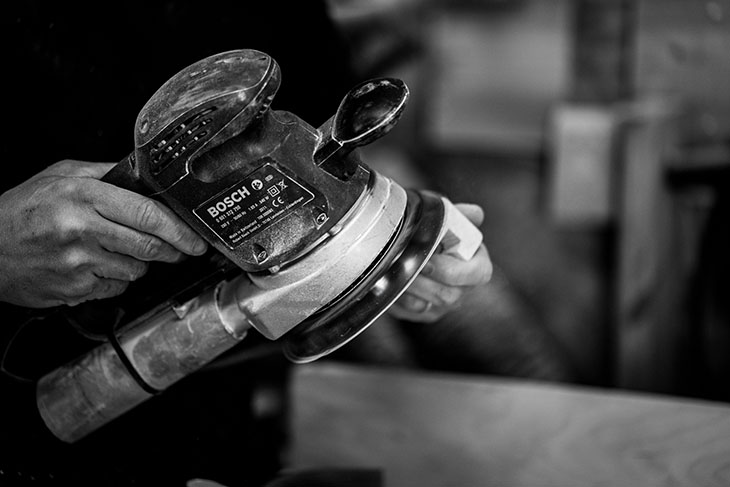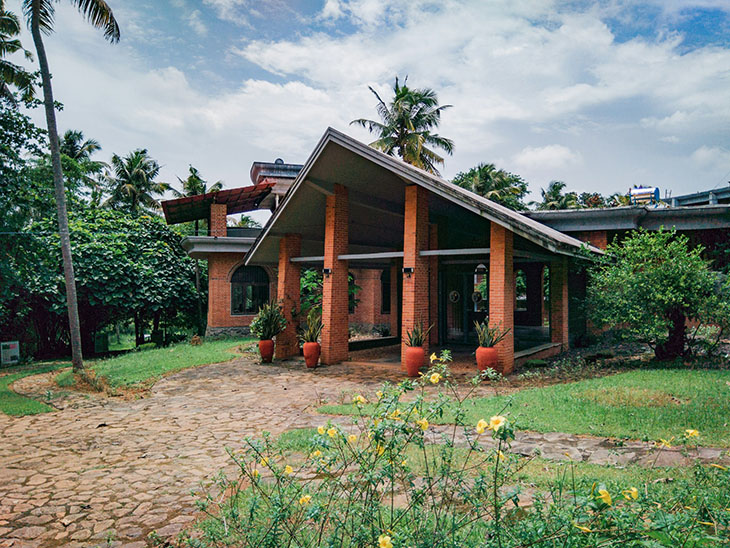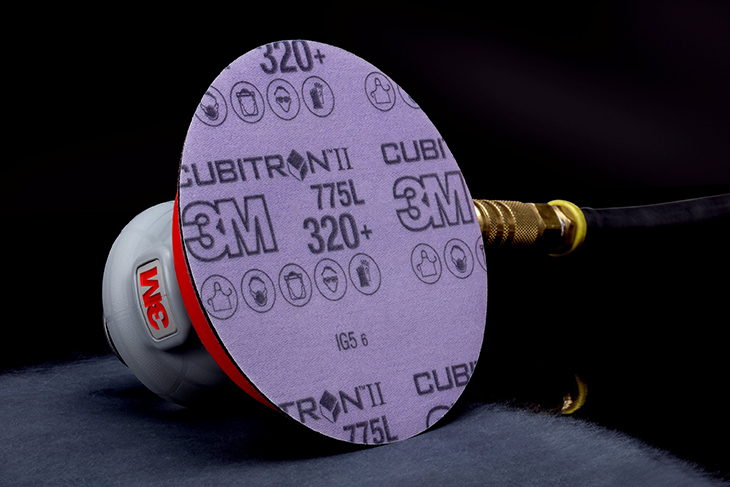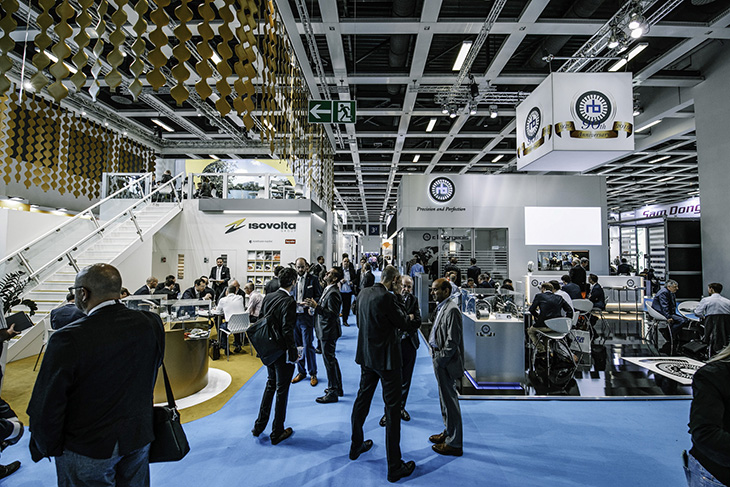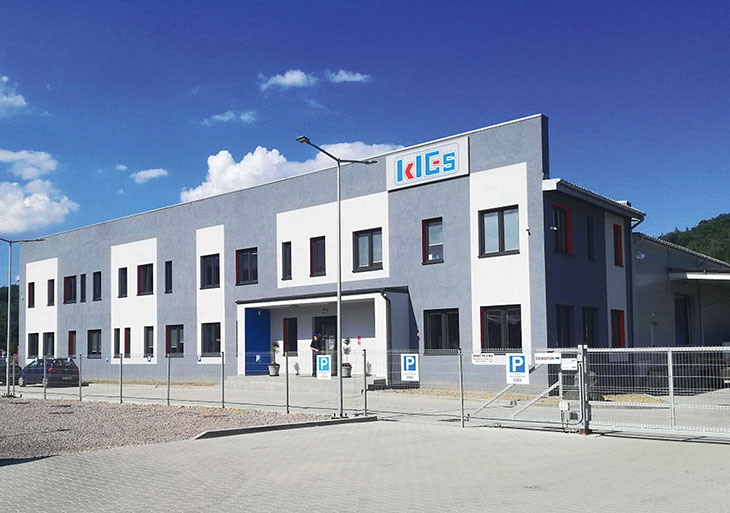Fortum is to invest about EUR 20 million in the commercialisation of new technology by building a bio-oil plant connected to the Joensuu power plant in Finland. The integrated bio-oil plant, based on fast pyrolysis technology, is the first of its kind in the world on an industrial scale.
The bio-oil plant, which will be integrated with the combined heat and power production plant (CHP) in Joensuu, will produce electricity and district heat and in the future also 50,000 tonnes of bio-oil per year. The bio-oil raw materials will include forest residues and other wood based biomass.
"The integration of different production processes to power plants is the starting point of a new era in the energy sector: Fortum's CHP plant in Joensuu will gain a totally new role in the value chain as we will not only be capable of producing electricity and heat, but also of a third product - bio-oil. Even though bio-oil will initially be used to replace liquid fossil fuels, it may in the future also be a raw material for different biochemicals or traffic fuels," says Jouni Haikarainen Vice President, Fortum, Heat Division, Finland.
Bio-oil can be used as a fuel for district heating or the process industry, thus replacing fossil fuel oils. In its end use, replacement of heavy fuel oil with bio-oil (210 GWh) will reduce carbon dioxide emissions by 59,000 tonnes and sulphur dioxide emissions by 320 tonnes annually. The bio-oil production plant project will create jobs and the effect is expected to be about 60–70 man years in the Joensuu region. Jobs will emerge in raw material procurement, at the production plant, and in logistics.
"The use of bio-oil has a significant positive environmental impact because energy produced with bio-oil reduces greenhouse emissions by more than 70 % compared to fossil fuels. Also when Nordic biomass is used as the raw material for bio-oil, we can be ensured that it has been produced sustainably. This is a key element of Fortum's strategy for sustainable development," says Haikarainen.
The Ministry of Employment and the Economy has granted Fortum's bio-oil project EUR 8.1 million in a new technology investment. The total value of the investment is about EUR 30 million. The new technology has been developed into a concept in cooperation between Fortum, Metso, UPM and VTT as part of TEKES Biorefine research programme.
The Joensuu demonstration project is based on the commercialisation of totally new kind of technology where a pyrolysis reactor is connected as a fixed part to the CHP-plant's boiler. Excellent energy efficiency is an advantage of an integrated bio-oil plant because the bio-oil production process can also utilise heat which the power plant would not otherwise utilise.
Construction of the bio-oil plant will commence during 2012, and the plant is expected to be in production in the autumn of 2013. Bio-oil production will increase the energy wood consumption at Joensuu power plant almost doubling the use from the existing 300,000 m3 per year.
Appendix 1: Pyrolysis Q&A (in PDF format)
Appendix 2: Pyrolysis diagram (in PDF format)
Fortum Corporation
Corporate Communications
Additional information:
Jouni Haikarainen, Vice President, Fortum, Heat Division, Finland, tel. +358 40 709 5690
Elina Kokko, Communications manager, Fortum, tel. +358 40 733 9493
Fortum
Fortum's purpose is to create energy that improves life for present and future generations. We provide sustainable solutions that fulfil the needs for low emissions, resource efficiency and energy security, and deliver excellent value to our shareholders. Our activities cover the generation, distribution and sales of electricity and heat as well as related expert services.
Fortum's operations focus on the Nordic countries, Russia, Poland and the Baltics. In the future, the integrating European and fast-growing Asian energy markets provide additional growth opportunities. In 2011, Fortum’s sales totalled EUR 6.2 billion and comparable operating profit was EUR 1.8 billion. We employ approximately 10,800 people. Fortum’s shares are quoted on NASDAQ OMX Helsinki.
Further information: www.fortum.com










